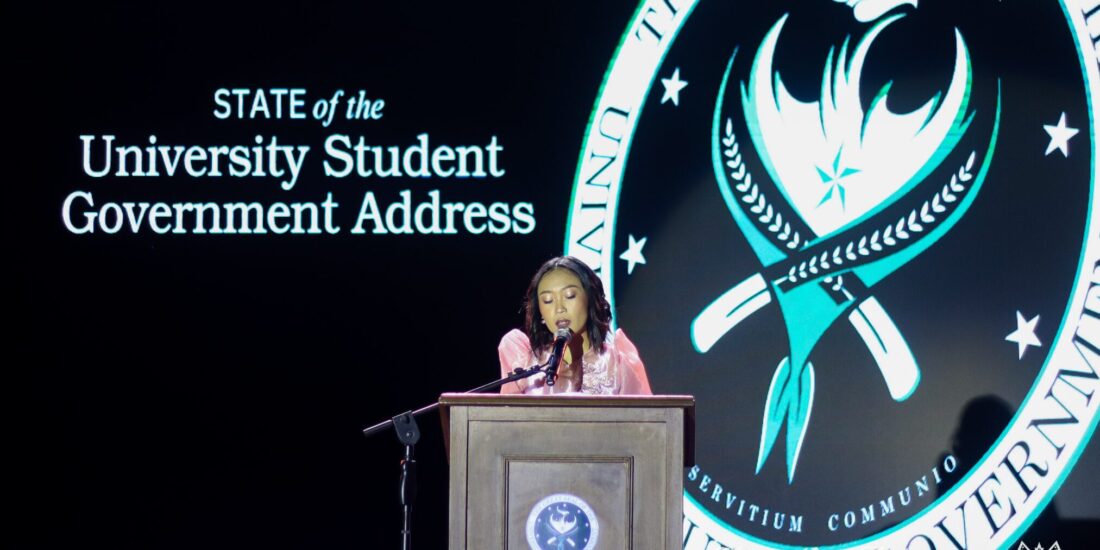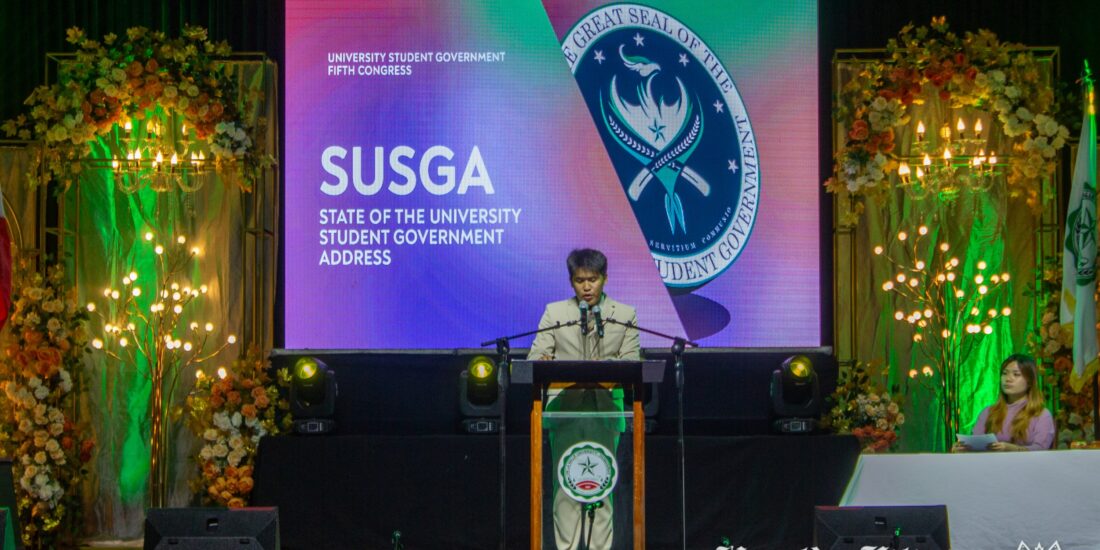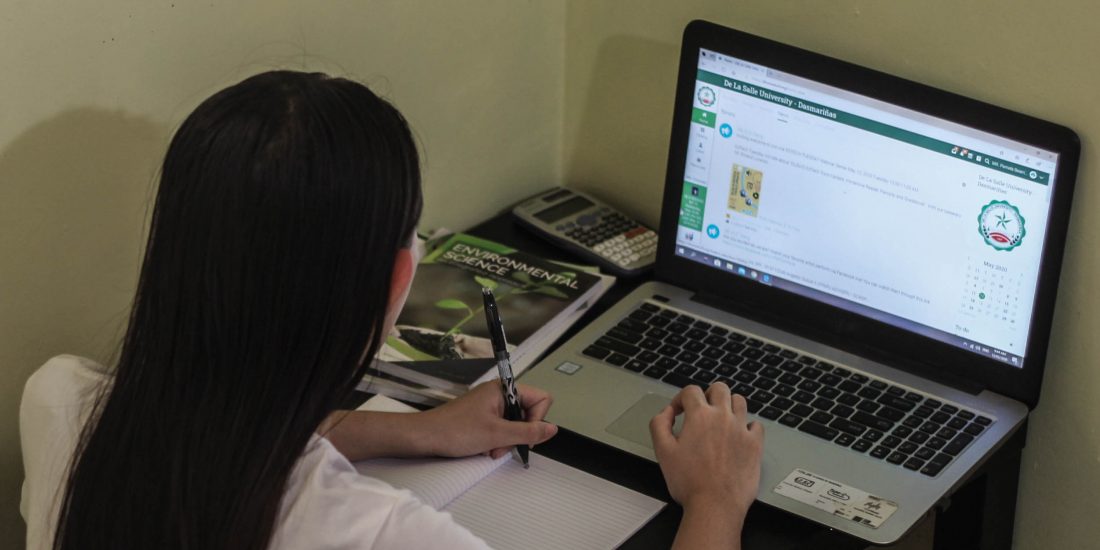USEC confirms failure of primary election for three consecutive years
Originally published in HF Volume 36 Issue 1
Despite extending the filing of candidacies to gain more applicants, the University Student Election Commission (USEC) declared the failure of the 2021 primary elections due to the lack of presidential candidates in the student polls – marking this as the third consecutive failure of primary elections.
USEC Chairperson Yosu Retuta confirmed this in an interview with The HERALDO FILIPINO in January 2022, as the commission failed to announce and declare the election failure in December.
As per Article III, Section 12 of the Implementing Rules and Regulations (IRR) of the 2021 primary elections, the commission may consider the lack of presidential aspirants from each college a valid ground to declare failure of elections. For the primary elections to push through, all seven colleges need to have an official candidate to run for the presidential position.
However, despite the extension of the deadline for the certificate of candidacy (COC) filing from November 17 to 27, only one candidacy was filed even after the given time frame.
“… But since the allotted date in the calendar of activities has been prolonged, it has come up to the decision of failure. By then, the commission agreed on not continuing the elections after giving it an extension and a careful jurisdiction,” Retuta noted.
No official declaration
While there were no candidacies filed after the extension, USEC has not officially declared an election failure – similar to what happened in the 2020 primary elections. In academic year (AY) 2020-2021, the University Student Government (USG) High Court probed the commission on the alleged unconstitutionality of the 2021 General Elections, which violated the Article IV Section 6 of the USG Constitution that requires the primary election to be held before the general election.
When asked why there was no official declaration of election failure like in the previous AY, the USEC chairperson raised that the commission was delayed as the resolution was not signed due to an internal conflict.
“We need to have our advisor’s signature to formally announce the failure of the election but we didn’t have a formal or official adviser back then, hence the overdue announcement,” said USEC.
With the third consecutive failure of primary elections, the chairperson also admitted that “the commission has been lacking a lot like its capacity to perform well and had a hard time in coping (with) the new normal setup”.
Talking about the state of elections, Retuta also expressed how prior elections were more successful than the student polls held amid the pandemic, as he observed that more students were willing to run for electoral positions back then compared to the remote setup.
“We think the reason why most students decline the position or don’t have the willingness to run is because of the heavy workload and the (online) only setup,” he added.
State of the general elections, political parties
As the Omnibus Election Code mandates that the top two aspirants from the primary elections would be the final candidates for the presidential positions in the general elections, Retuta said it is now under the Senate’s hands if they will be allowed to hold the elections for executive positions this AY 2021-2022.
“The general elections will commence again like last year; students will answer the forms as a ballot. As per USEC, we will still announced (sic) it via school book and social media platforms […] It is upon the senate if they will grant us to continue the [general elections with] executive [positions] but probably [with only] two parties involved … since there is (sic) no top two candidates.” Retuta further explained.
On the other hand, the USEC Chairperson shared that the general elections for collegiate positions will continue since only the executive positions rely on the results of primary elections.
Meanwhile, aside from the inadequate number of applicants in the primary elections, the commission has not also received any applicants for political party accreditation for the first semester of AY 2021-2022. According to Retuta, even strong political parties like SINAG and SENTRO from previous AY did not file for reaccreditation, even though they were allowed to reapply this AY.
USEC on student passivity
As USEC sees the lack of willingness from students to run and participate in the elections as a prevailing challenge during the online setup, the commission plans to disseminate more information on candidacy filing and work with department heads in finding college representatives. When asked for a more specific course of action on addressing student passivity, USEC has not mentioned direct plans to the follow-up questions raised by The HERALDO FILIPINO.
Meanwhile, in hopes of ensuring a clean run for the upcoming general elections, the commission wishes to obtain support from the High Court in explaining the constitution to new students like freshmen.
“… We are planning to disseminate the information for filing candidacy more and work with the department heads to further search for a successful candidate,” Retuta said.





